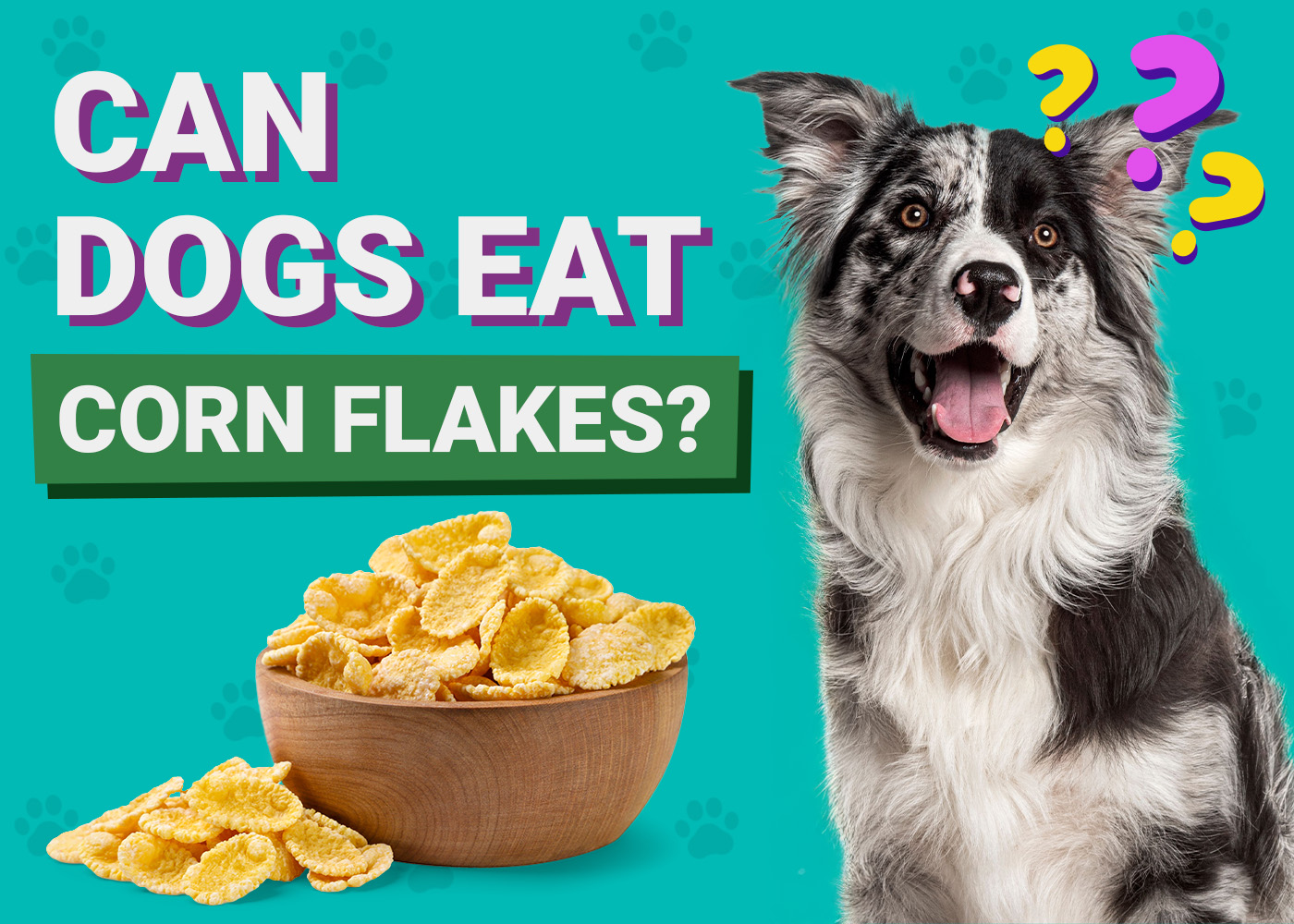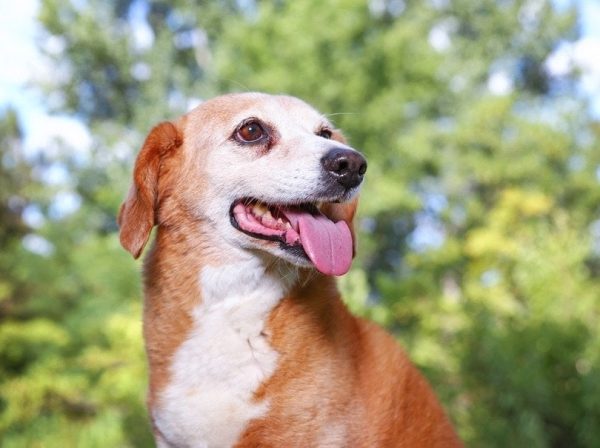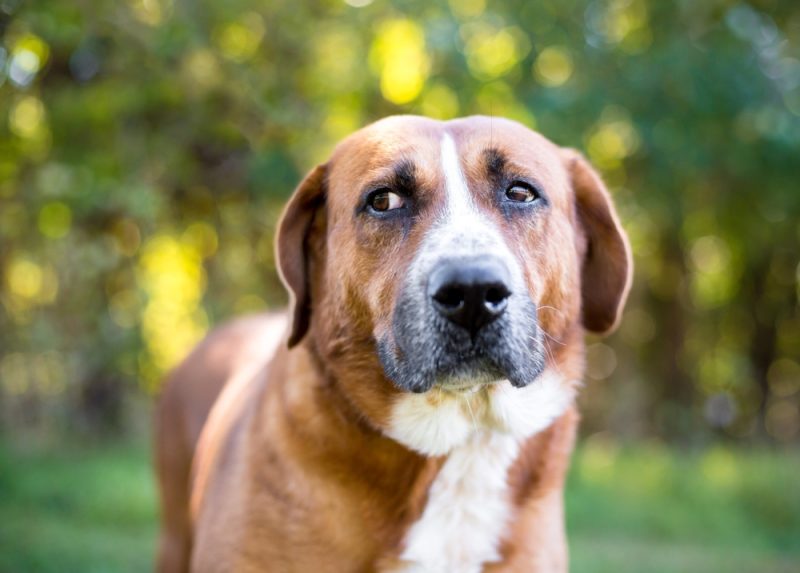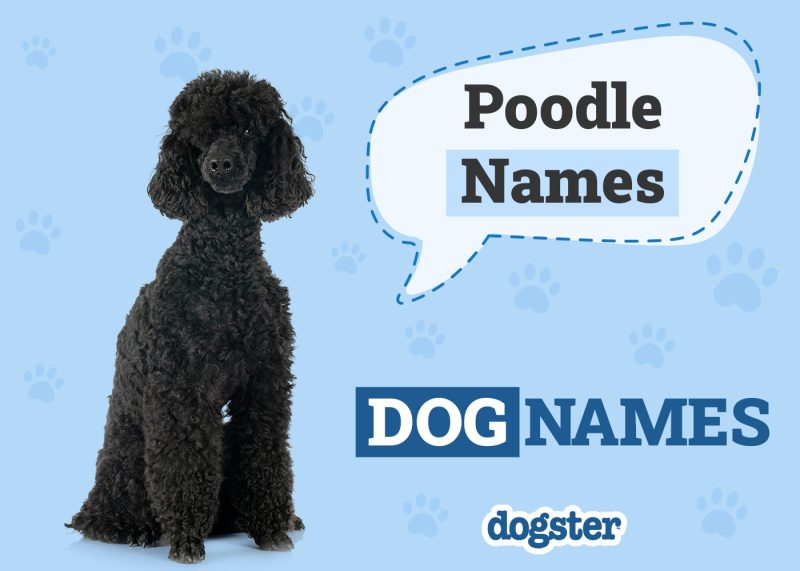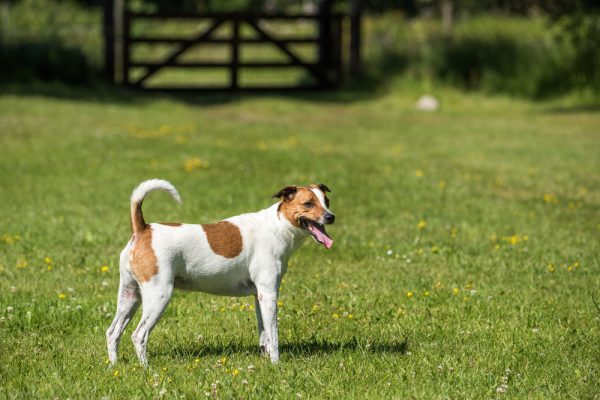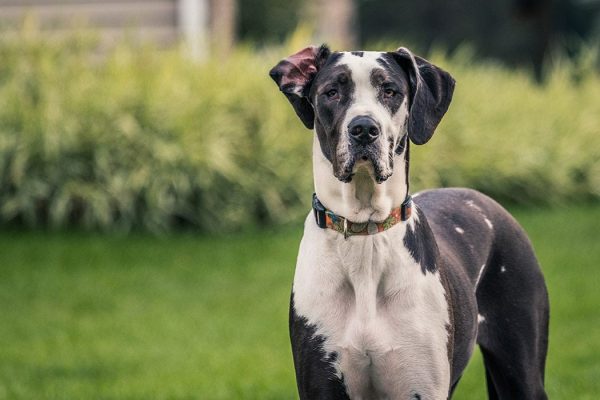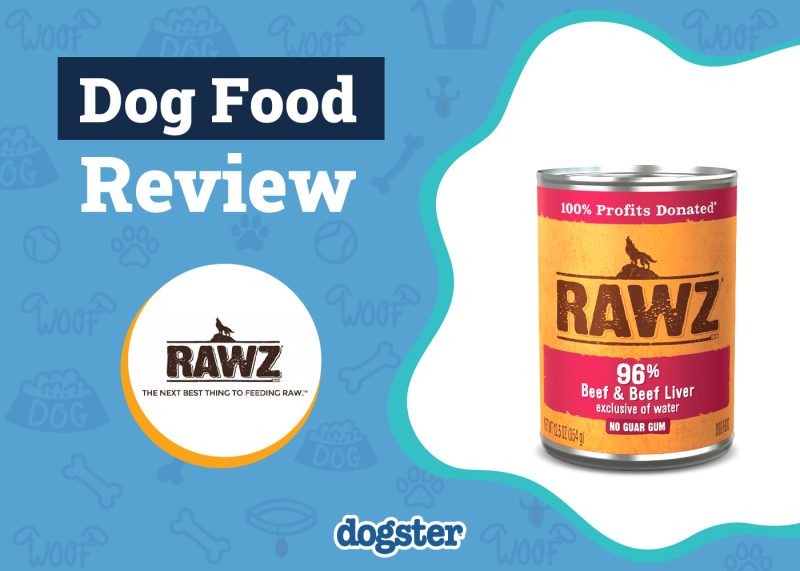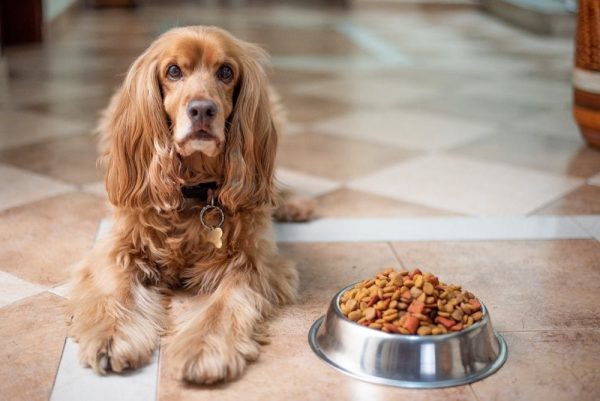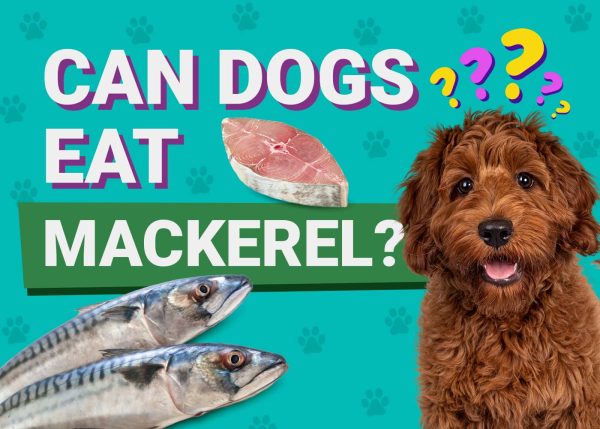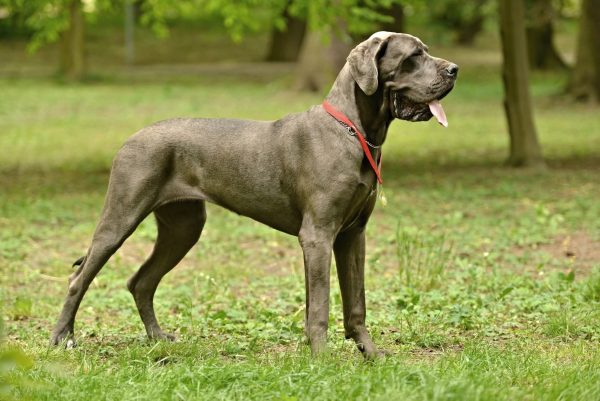In this article
You wake up in the morning and enjoy a bowl of corn flakes for breakfast. While enjoying your breakfast, you notice your dog looking at you intently, begging to have a bite of whatever delicious food you’re eating. As a responsible dog owner, you may have found yourself wondering if your furry friend can indulge in corn flakes as well. Can dogs eat corn flakes? Is it safe?
Yes, dogs can eat corn flakes! Corn flakes are typically safe for dogs so eating a little bit at a time is considered safe. Corn flakes, however, should only be fed in small amounts and not be incorporated in a dog’s diet. Humans have different nutritional requirements compared to dogs, so there are many things to consider when it comes to corn flakes and other cereals.
The main thing to watch out for is different varieties or flavors of flakes that contain fruit. Sultanas are often included in cereals and these are TOXIC to dogs.
You want to make sure that you’re feeding your dog a healthy and balanced diet, but you also don’t want to have to worry if your dog sneaks a bite of your morning flakes. Read on as we talk about everything you need to know about your dog eating corn flakes!

Are Corn Flakes Healthy for Dogs?
Corn flakes are a popular breakfast cereal that are enjoyed by many humans. They are made from corn that has been processed and fortified with vitamins and minerals with a high carbohydrate content to equip us humans with the energy we need to start the day.
While corn flakes may be a healthy choice for humans, the question remains whether they are good for dogs. Corn flakes are safe and contain vitamins and minerals that can be healthy for dogs, but the overall nutritional content may not be enough to meet a dog’s dietary requirements.
Some dogs with dietary sensitivities may be susceptible to allergic reactions and digestive issues. Before feeding your dog corn flakes or any other cereals, it is best to consult with your veterinarian for dietary recommendations to explore what is best for your dog.
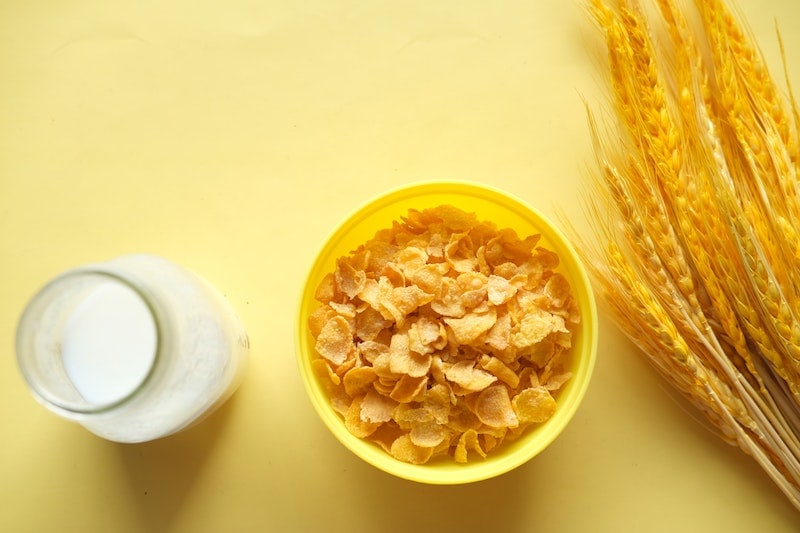
Nutritional Content of Corn Flakes
Corn flakes are a good source of carbohydrates and contain some vitamins and minerals, including vitamin A, vitamin C, and iron.
Corn flakes, however, are low in protein and fat, which are essential for a dog’s diet.
Moreover, different brands of corn flakes may contain a variety of added ingredients that should generally be avoided. Some brands may contain added sugars, salt, and artificial flavors, which can be harmful to dogs.
Should You Feed Corn Flakes to Your Dog?
While corn flakes may not be harmful to dogs in small quantities, they are not recommended as a regular part of a dog’s diet. Dogs have different nutritional needs than humans, and their diet should consist mainly of protein and fat.
Feeding your dog corn flakes regularly may cause nutritional deficiencies and lead to health problems in the long run. In general, it’s best to keep in mind that human foods are not made for dogs and do not meet the nutritional requirements for dogs.
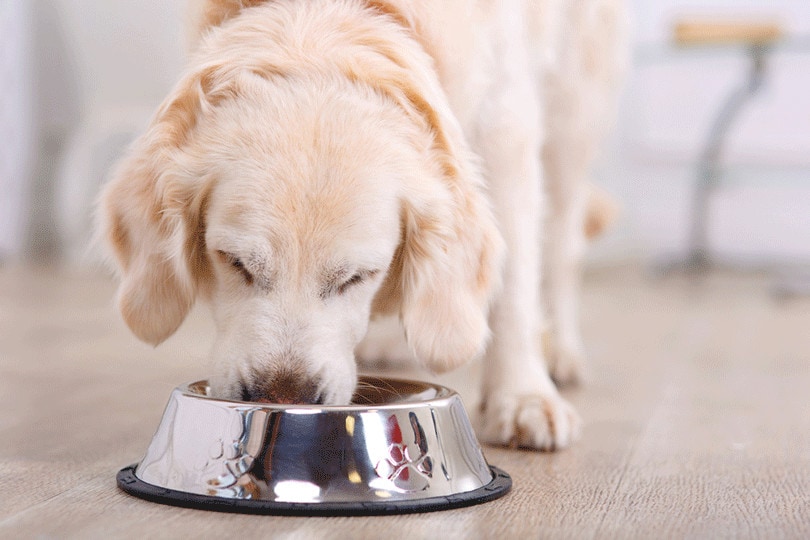
Risks of Feeding Corn Flakes to Your Dog
Feeding your dog corn flakes regularly may cause some health issues, such as obesity, digestive problems, and dental issues.
Corn flakes contain a high amount of carbohydrates and may cause a spike in blood sugar levels, which can be harmful to dogs with diabetes. The added sugars and salt in some brands of corn flakes may cause dental problems and increase the risk of obesity.
When feeding dogs any new foods, be sure to monitor their behavior and look for signs of digestive issues such as constipation, diarrhea, and vomiting. Should you observe any negative signs, it’s best to consult with your veterinarian for proper recommendation and management.
Is It Safe to Feed Corn Flakes With Milk to Your Dog?
Milk is not recommended for dogs as most dogs are lactose intolerant, which means they cannot digest lactose found in milk. Feeding your dog corn flakes with milk may cause digestive problems such as diarrhea and vomiting because of how difficult it is for their digestive system to process milk.
When feeding or letting your dog taste corn flakes, it’s best to let them consume it dry and in a small amount to reduce the risk of stomach upset.
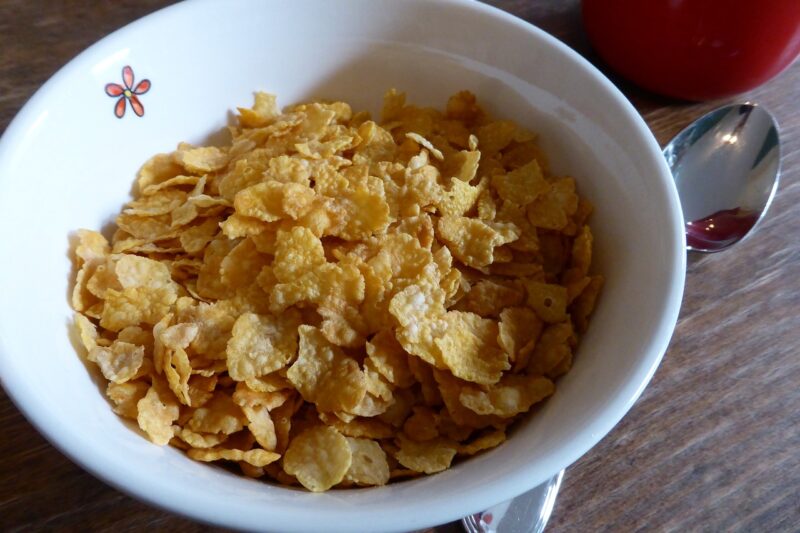
What Other Cereals Are Safe for Dogs?
If you want to treat your dog with some cereal, there are some safe options that you can consider. Some of the best cereal options for dogs include oatmeal, brown rice, and quinoa. These cereals are high in protein and fiber, which are essential for a dog’s diet.
As for commercial cereals, it’s best to look at the ingredients present in the cereal before feeding them to your dog. Most commercial cereal brands may contain added sugars, salts, and artificial flavors, which may be unhealthy for your dog in high amounts.
The most important ingredient to be aware of in cereals is sultanas. Grapes and sultanas are highly toxic to dogs, and the effect of this toxin on their kidneys may not become apparent until later in life. If you want to share a little of your cereal, make sure it is fruit-free to avoid any risk of sultanas being present.
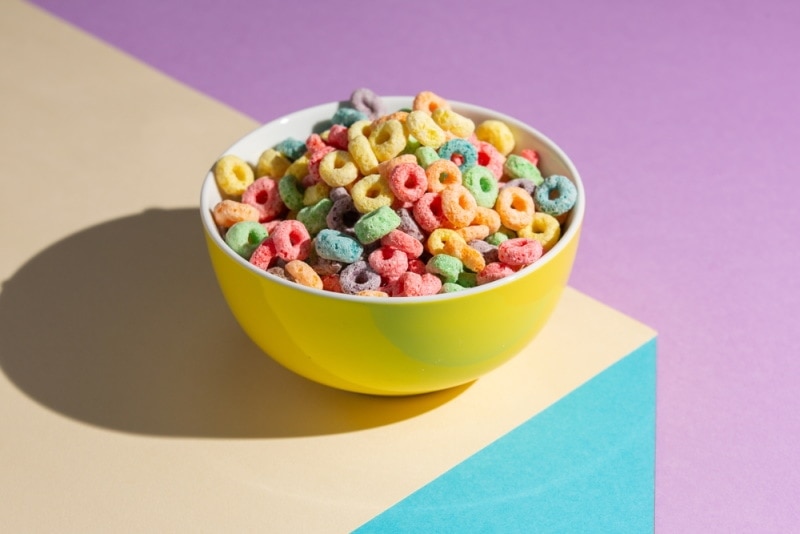
Should You Be Feeding Cereal to Your Dog?
While cereal can be a tasty treat for your dog, it should not be a regular part of their diet. Many cereals are generally safe in small amounts, but always remember to look at the ingredients and nutritional content before giving your furry friend a harmless taste.
Dogs have different nutritional needs than humans, and their diet should consist mainly of protein and fat. Feeding your dog cereal regularly may cause nutritional deficiencies and lead to health problems in the long run.
If you need to speak with a vet but can't get to one, head over to PangoVet. It's our online service where you can talk to a vet online and get the advice you need for your pet — all at an affordable price!

Conclusion
Dogs can eat corn flakes in small quantities as an occasional treat, but they should not be a regular part of a dog’s diet. Feeding your dog corn flakes regularly may cause nutritional deficiencies and lead to health problems. If you want to treat your dog with some cereal, choose safe options like oatmeal, brown rice, and quinoa. Remember to always consult with your veterinarian before making any changes to your dog’s diet.
We all want our dog to enjoy the tasty foods available to them, but we also want to ensure that they are eating healthy and nutritious foods. A healthy diet and lifestyle are key to a long and happy life for your furry friend!
See Also:
- Can Dogs Eat Frosted Flakes? Vet-Reviewed Nutritional Facts & FAQ
- Can Dogs Eat Bran Flakes? Vet-Reviewed Benefits & FAQ
Featured Image Credit: sferrario1968, Pixabay

